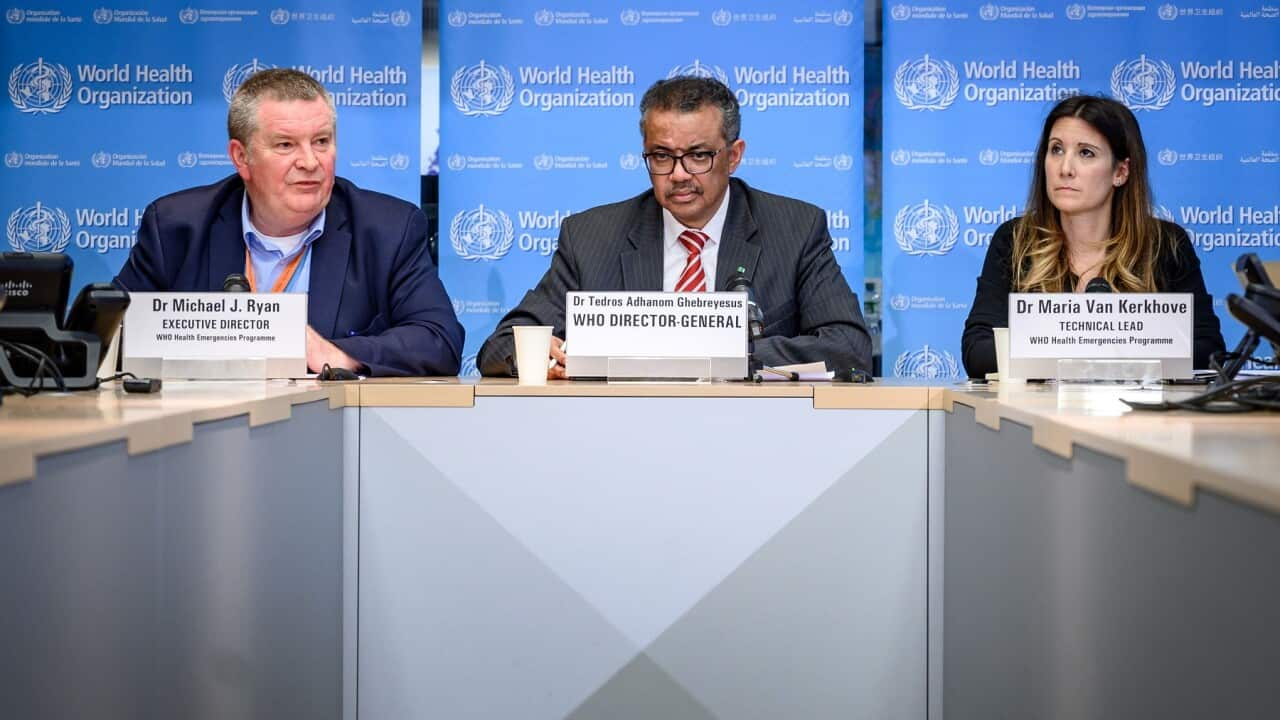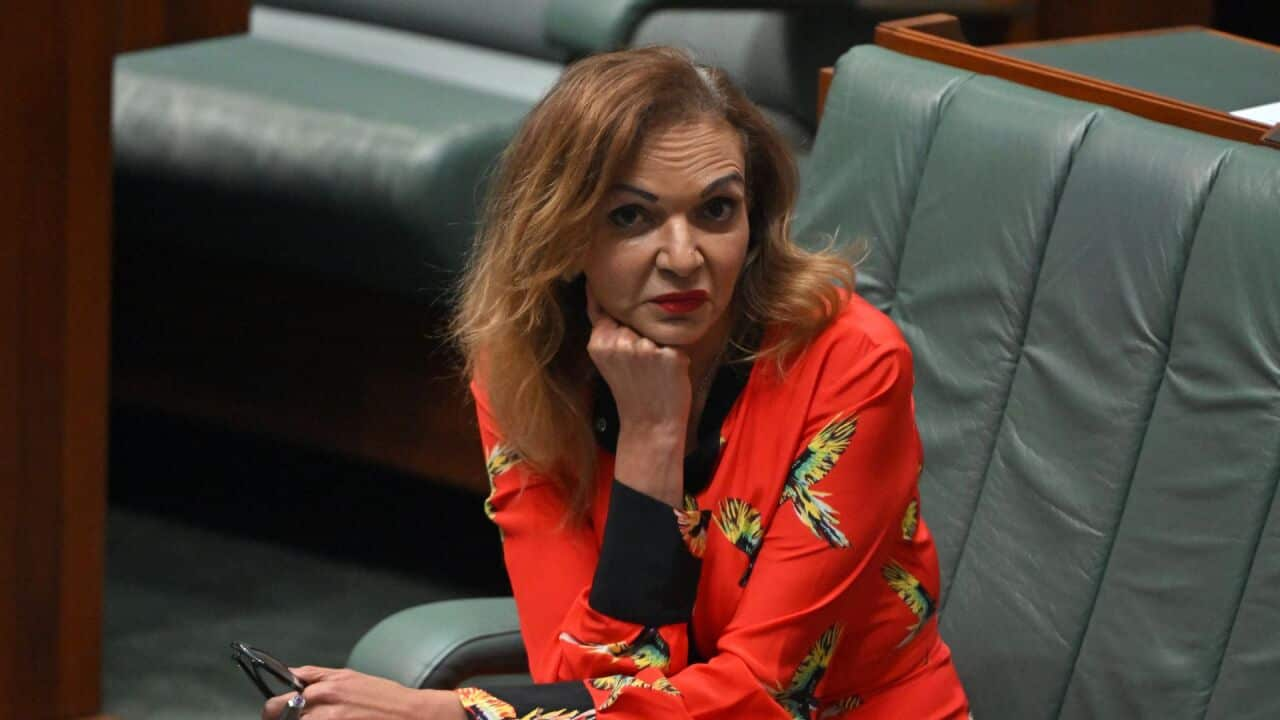Director-General of the World Health Organisation, Dr Tedros Adhanom Ghebreyesus, has warned of a "two-track pandemic" - different health outcomes for different world economies.
He says while vaccination rates rise in some countries, bringing down mortality, in others COVID-19 related deaths continue to grow.
"Globally, we continue to see encouraging signs in the trajectory of the pandemic. The number of new cases of COVID-19 reported to WHO has now declined for six weeks in a row and deaths have declined for five weeks. However, we still see a mixed picture around the world. The number of deaths reported last week increased in three out of WHO's six regions, Africa, the Americas and the western Pacific. Increasingly, we see a two-track pandemic."
The WHO flagged a target to vaccination at least 10 per cent of the population of all countries by September, and at least 30 per cent by the end of the year.
Countries with zero or very low COVID-19 transmission, such as Australia and New Zealand, will be at risk if populations aren't vaccinated to create herd immunity.
Head of Public Emergencies at the World Health Organisation, Dr Mike Ryan, says without vaccines the world's most protected countries could also be among those left vulnerable.
"I think it is a genuine dilemma for countries who've worked so hard to keep their virus transmission low. To keep their death rates low. They're protected their populations. Their communities have committed within their borders to a massive effort to protect their system, to protect their elderly or older and vulnerable populations. But always being at risk of the disease being re-imported and sparking major epidemic. We've said that as long as the majority of your population remains susceptible to infection there is always a chance of the disease taking hold. "
Click on the player at the top of the page to listen to this bulletin in Punjabi.
People in Australia must stay at least 1.5 meters away from others. Check your state’s restrictions on gathering limits.
If you are experiencing cold or flu symptoms, stay home and arrange a test by calling your doctor or contact the Coronavirus Health Information Hotline on 1800 020 080. News and information is available in 63 languages at sbs.com.au/coronavirus
Listen to SBS Punjabi Monday to Friday at 9 pm. Follow us on Facebook and Twitter.




